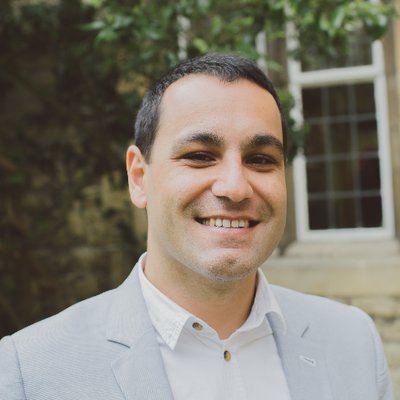Public Lecture: Digital Identity and Financial Inclusion
Speaker: Dr Emre Eren Korkmaz, Oxford Centre for Technology and Development, UK
23 April 2024 @ 18:00 UK TIME | FREE VIRTUAL EVENT | JOIN THE WEBINAR VIA THIS LINK
The United Nations reports that more than one billion people worldwide do not have official identity documents. This is also part of the UN’s Sustainable Development Goals (SDGs) and the UN invites states, businesses and civil society organizations to take action in this regard. The number of undocumented people is a very large one, and from the perspective of corporate agenda-setting, they represent a big market. Documentation is not only about recognising people’s social, economic and political rights by states. It is also important to join the labour force, be a consumer/customer, and take part in the capitalist process of production as a worker or supplier. It is especially important for technology companies and technology-oriented industries (e.g., financial firms and mobile operators). This is because it plays a critical role in meeting “Know Your Customer” requirements, which are intended to prevent crimes such as terrorism and money laundering and serve general surveillance purposes. People who do not have official IDs or are unable to produce documents to prove their identity find it very difficult, if not impossible, to open bank accounts, buy SIM cards or access the internet. This presentation will discuss the positive and negative aspects of digital id and financial inclusion.
About the Speaker:
Dr Emre Eren Korkmaz is a research affiliate at the University of Oxford’s Centre on Migration, Policy and Society (COMPAS). Before this position, he worked at the Oxford Department of International Development (ODID) between 2016 and 2023. In 2016, Dr Korkmaz was awarded a PhD from Istanbul University’s International Relations PhD Programme. As a political scientist and international relations expert, he is driven by a passion to shed light on the social and political impact of technological innovation, focusing on surveillance technologies in migration management, border security, and international development. He examines these developments to contribute to a surveillance capitalism theory and aims to understand the evolution of contemporary capitalism. He co-edited Data Science for Migration and Mobility — with Professor Albert Ali Salah (University of Utrecht) and Dr Tuba Bircan (University of Cambridge) — which was published by the Oxford University Press Proceedings of British Academy in November 2022. His first monograph, “Smart Borders, Digital Identity and Big Data: How Surveillance Technologies Are Used Against Migrants”, was published by the Bristol University Press in December 2023. His current research project was launched in October 2023 with the World Food Programme. The project, “Using Data Analysis and Artificial Intelligence/Machine Learning Techniques for Vulnerability Assessment, Targeting and Assurance in Humanitarian Action,” aims to resolve data scarcity during humanitarian emergencies in Africa and the Middle East and suggest new vulnerability assessment and targeting techniques.

